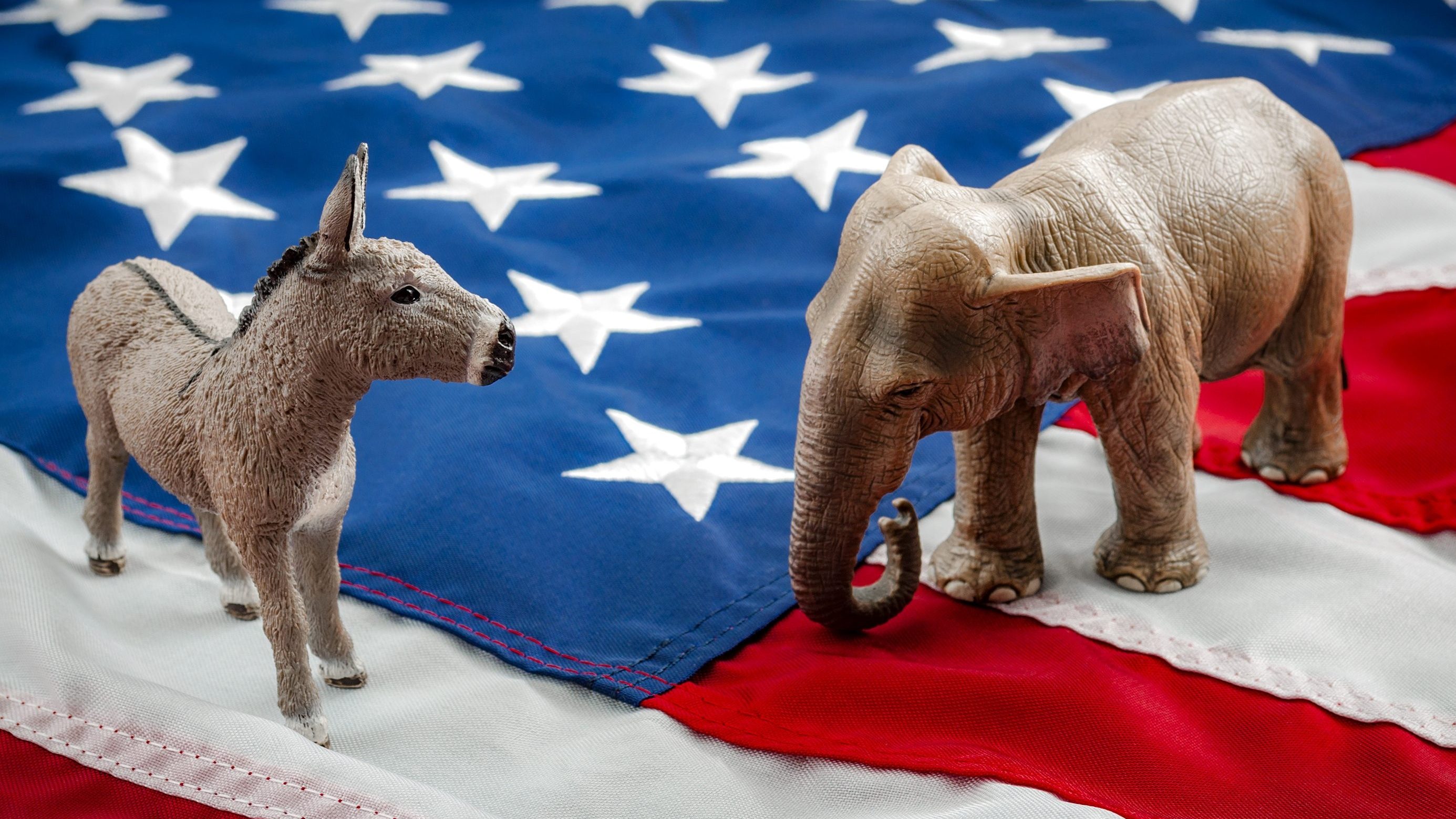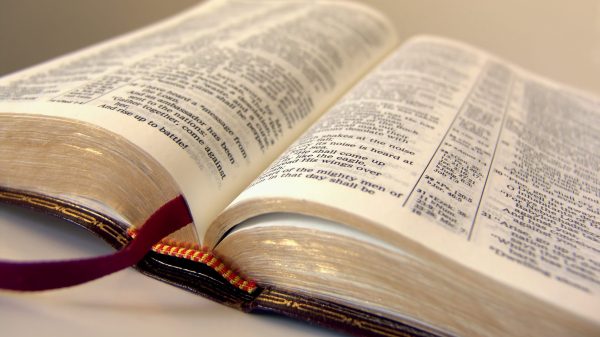In his inaugural address, President Joe Biden made a powerful call for unity. Unity would require Americans to have empathy for their fellow citizens. Biden declared that “we must end this uncivil war that pits red against blue, rural versus urban, conservative versus liberal. We can do this if we open our souls instead of hardening our hearts.” As historians, this was music to our ears. As professors, we have been asked by students how we heal such a divided nation, and the only answer we can come up with is empathy. We are never going to agree with everything someone else says, believes or thinks, but we can try and empathize with them.
Biden called on Americans to do just that: “show a little tolerance and humility.” The president cited his mom who taught him that to better understand his fellow citizens he needed to “stand in their shoes.” That is something we do every day as historians. We try to stand in the shoes of historical actors and understand their experiences as they themselves would have. We call it contextualization, but another word for it might be empathy. We try to understand those who came before us: the struggles they endured, the flaws they could not shake, the virtues that made them exceptional for their time.
Empathy is what we try to teach our students in history classes here at Huntingdon College in Montgomery, Alabama. One method that we use to teach this value is a program called Reacting to the Past. Reacting to the Past is a series of history role-playing games that ask students to put themselves into some of history’s most pivotal moments. From the French Revolution to the Cuban Missile Crisis, students are asked to become a participant in history, to grapple with the biases of the past, to understand their challenges, to appreciate diverse perspectives.
Students deliver speeches based on real historical documents and debate as they try to persuade their fellow students to make the best choices possible in these complex scenarios. This gives students a front-row seat to history’s most consequential decisions, like the drafting of the U.S. Constitution, and helps them see the constraints, possibilities and alternate paths that lay before historical actors. By playing their roles and interacting with other students doing the same, they come to understand the give and take of politics and to appreciate the limits placed on anyone seeking to enact change.
Just last semester our students played the Threshold of Democracy game set in Athens in 403 BCE. Some of our most progressive students ended up playing aristocrats who were suspicious of democracy and collective decision making. Some students who questioned the value of direct democracy ended up being the most radical democrats in Athens. Others were asked to play slaveholders and those who supported expanding the Athenian Empire. Everyone was asked to put themselves in someone else’s shoes. Students felt they gained a better appreciation for the circumstances that a far-off and distant people found themselves in following the Peloponnesian War.
Our students came to empathize with their characters, even if they still disapproved of some of their ideas and actions. According to educators who use the program, “Reacting to the Past offers students the rare opportunity to practice empathy, and develop not only an internal understanding of others, but also how best to effectively convey to others that one empathizes with them.” In our class, this empathy seemed to carry over to the remainder of the semester as discussions became much more robust and more civil.
Many may balk at the idea that a history class can improve our Republic. But empathy is exactly what our history classes teach, and empathy is what is currently lacking in our political discourse. This is the reason that the humanities are so important and why students need to be taking more — not less — liberal arts classes. We are a divided nation. Very divided. And politics does not seem to offer a means to heal that division.
It is civil society that is the key to revitalizing our Republic and healing some of the divisions that exist between neighbors. As Biden explained, “Some days … you need a hand. There are other days when we’re called to lend a hand. That’s how it has to be. That’s what we do for one another.” He concluded that by having empathy for our fellow Americans “our country will be stronger, more prosperous, more ready for the future.” Importantly he added, “And we can still disagree.”
Amanda Gorman echoed this theme in her inaugural poem with its emphasis on unity, reconciliation and overcoming darkness. Gorman emphasized the importance of Americans unifying to address the challenges that confront us:
To compose a country committed to all cultures, colors, characters and
conditions of man
And so we lift our gazes not to what stands between us
but what stands before us
We close the divide because we know, to put our future first,
we must first put our differences aside
We lay down our arms
so we can reach out our arms
to one another
We seek harm to none and harmony for all
Civil society is the answer to our divisions. Getting to know our neighbors is the answer. Depoliticizing daily life is the answer. Empathy for our fellows is the answer. But we have to do the hard work of instructing ourselves and our students in the art of empathy. At Huntingdon College, we have found that Reacting to the Past serves as a means to that end. Regardless of your pedagogical preferences, however, what is needed is more patience, more generosity, more listening and greater understanding. That is why history classes, as well as other liberal arts courses, should make encouraging empathy a priority. It just might save the Republic.





















































